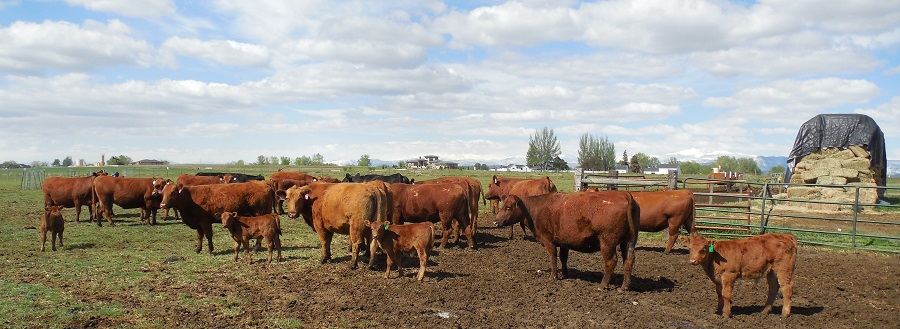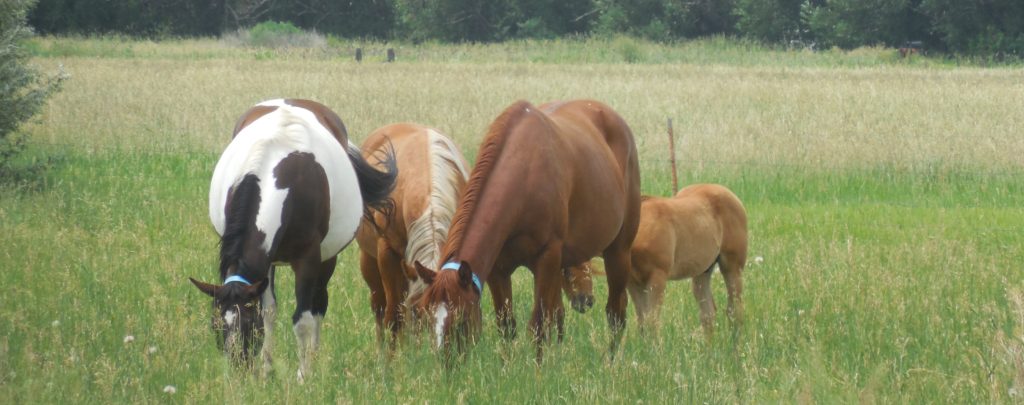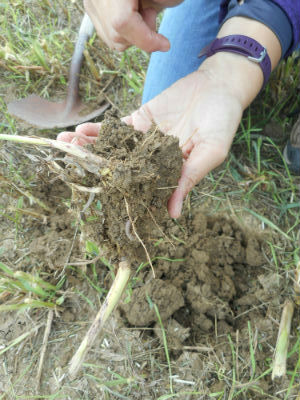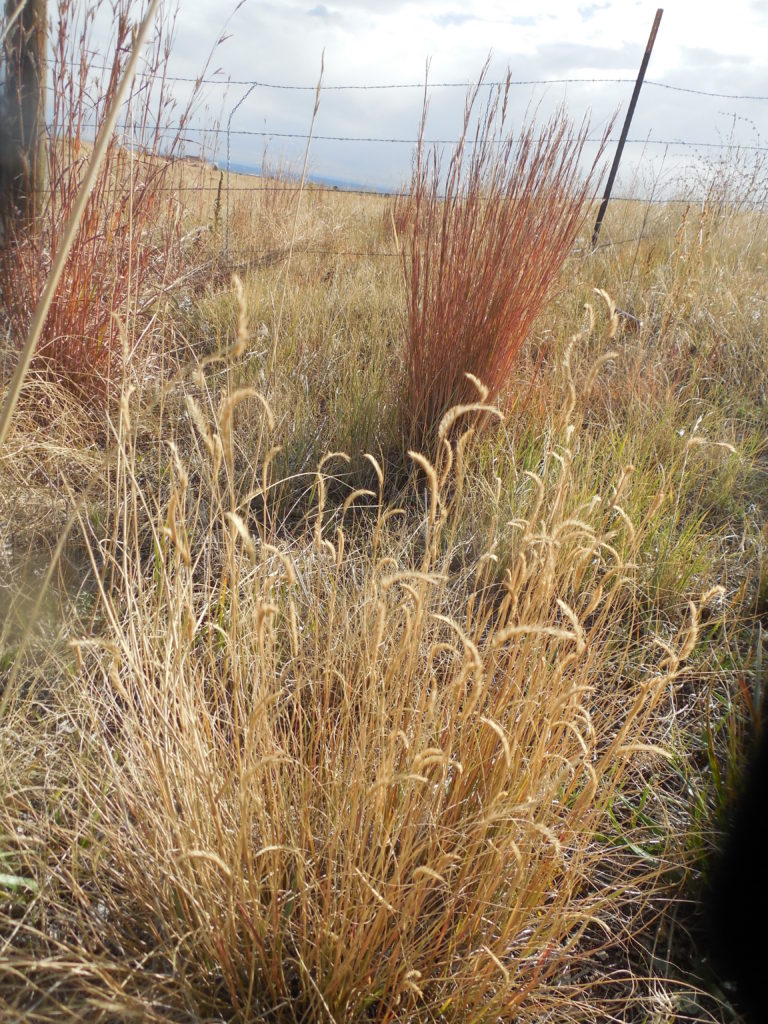Happening Now…
- Hablamos español
- Calendar of Ag Related Events and Grants
Small Acreage Site Visits
Click here for information on site visitsThe Small Acreage Coordinator, lgonzalez@bouldercounty.gov, is available to make site visits to small acreage landowners. There is a $75 site visit fee to cover mileage and printed materials. The landowner and the Small Acreage Coordinator walk the property. The Coordinator will identify forage plants and weeds and talk about the landowner’s goals and what must be done to accomplish them. Post visit the Coordinator provides a full report including weed and pasture management recommendations, reseeding information and any other information or contacts that are recommended. Site visits normally take from 1 – 2 hours depending on size of the property, condition of the property and landowner’s questions. Hablamos español.
Rural Property
Boulder County has more than 5,000 properties from 1-100 acres totaling over 37,000 acres. This page is for those small acreage managers and anyone with wildlife questions.
Thinking of Buying Rural Property?
The purchase of a small acreage or farmland is a major investment. There are many factors to consider such as price, appearance, suitability for planned use, amenities, construction, etc. Prior to purchasing a property or after you have purchased one or lived on it, you need to educate yourself on all the aspects of your property. Please take time to review these resources, “Purchasing Rural Property in Colorado”
Boulder County Rural Living Resource Guide
- Introduction & Considerations
- Codes & Policies
- Water, Sewer & Utilities
- Agriculture
- Livestock
- Emergencies & Disasters
- Wildlife, Pollinators & Windbreaks
- Gardening
- Home & Food
- Resource Agencies
Wildlife Master Program
Do you have squirrels chewing on your trees or raccoons eating your corn? Tired of dealing with mice in your house? Wildlife Masters are available to provide information on how to deal with these critters and more. Trained volunteers can help the public deal with wildlife conflicts.
Grass, Crop & Pollinator Trial Garden
The trial garden was established to provide landowners with a visual idea of what native grasses, pollinator and cover crop mixes look like and how they can be utilized on small acreages. Trial plots are available for viewing 365 days/year. For more information, see the brochure and seed list below or at the CSU Extension Office.
Small Acreage Newsletters
Sign up for the BoCo Small Acreage Listserv
Join the Boulder County (BoCo) Small Acreage Listserv select BoCo_Small_Acreage from list and fill out form this listserv provides a means for us to send out information to Boulder County small acreage landowners to help them make better management decisions. It is also not moderated, meaning that anyone subscribed to it can send emails to everyone on the list, providing a forum for discussion of small acreage issues.
THIS IS A CSU LISTSERV, NO COMMERCIAL EMAILS PLEASE.
The purchase of a small acreage or farmland is a major investment. There are many factors to consider such as price, appearance, suitability for planned use, amenities, construction, etc. Purchasing rural property, particularly in some parts of Colorado, requires consideration of additional factors by the prospective buyer. There are special considerations, hazards and problems with rural land and housing that are different from those usually associated with urban property. Prospective purchasers who have not lived in rural areas, particularly mountain areas, may not be aware of these considerations.
Get Land Management Training Online
Those who own, live on, and manage small-acreage properties are responsible for a variety of natural resources, including soil, water, air, plants, and animals (SWAPA). It is important to manage these resources sustainably to ensure the land remains healthy for crop and animal production, ecological diversity, and preservation for future generations. The Land Stewardship program offers online training to help you understand the fundamentals of sustainable land and resource management.
Land Management Training Online | Colorado State University
Natural Resources
More Small Acreage Sites
Boulder County Supporting Links
Parks & Open Space – Agriculture
Boulder County Food – Agriculture Systems
State & Local Resources
Colorado State University Small Acreage Management
Boulder County Parks & Open Space
Longmont & Boulder Valley Conservation Districts
—————————————–
CDA – Colorado Department of Agriculture
CSFS – Colorado State Forest Service
CDNR – Colorado Division of Natural Resources
NRCS – Natural Resources Conservation Service








